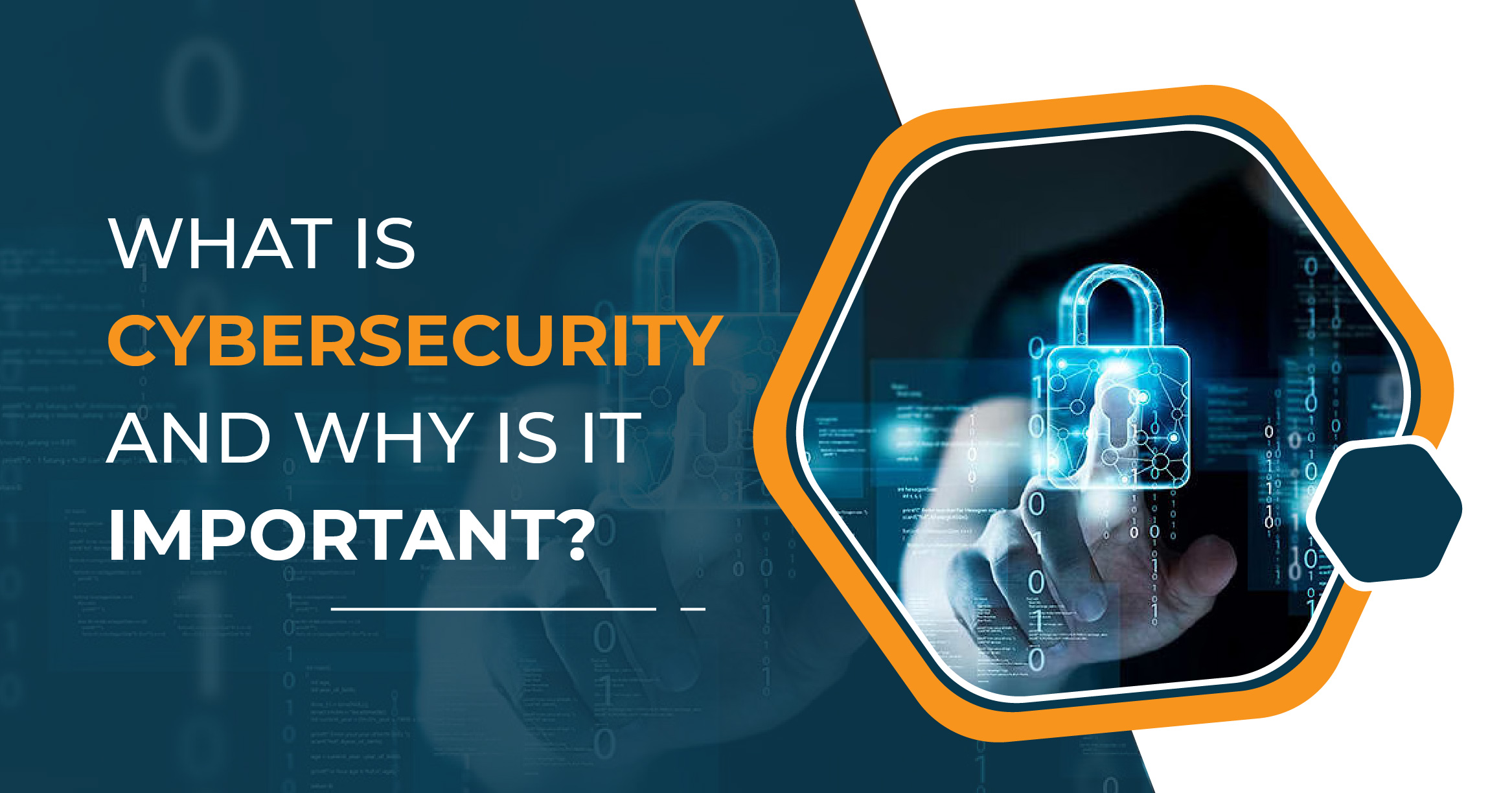All of the technology and techniques that keep computer systems and electronic data safe are referred to as cyber security. “Cyber security is the art of protecting networks, devices, and data against unauthorized access or illegal use and the practice of maintaining confidentiality, integrity, and availability of information,” according to the Cyber Security & Infrastructure Security Agency (CISA).
Why is cybersecurity critical?
Our society is more technologically reliant than ever, and this tendency shows no signs of slowing. Data breaches that potentially lead to identity theft are now being shared openly on social media sites. Social security numbers, credit card numbers, and bank account information are now saved in cloud storage services such as Dropbox or Google Drive.
Whether you are a small business or a major corporation, you rely on computer systems daily. When you combine this with the advent of cloud services, bad cloud service security, cellphones, and the Internet of Things (IoT), you have a slew of new security risks that didn’t exist only a few decades ago. Even if the skillsets are getting more comparable, we must recognize the difference between cybersecurity and information security.
Cybercrime is receiving increased attention from governments around the world. The General Data Protection Regulation (GDPR) is a good example. It has raised the reputational harm caused by data breaches by forcing all EU-based businesses to:
- Notify about data breaches.
- Appoint a data protection officer.
- Necessisate user consent to process information.
- Anonymize data for privacy.
The trend towards public disclosure isn’t just confined to Europe. While there are no federal regulations governing data breach disclosure in the United States, each of the 50 states has its own set of rules.
Organizations such as the National Institute of Standards and Technology (NIST) have released frameworks to help them evaluate their security risks, improve cybersecurity, and prevent cyber assaults.
Cybercrime is an economic issue
Cybercrime has a massive economic impact. The detection and mitigation of a single, sophisticated, large-scale hack or data breach can cost a business $13 million. But professionals with the necessary cybersecurity knowledge and experience are hard to come by. The global scarcity of data security and cybersecurity expertise is expected to cost more than $10 trillion per year by 2025.
Cybercrime erodes personal privacy
Cybercriminals are masters at devising new ways to steal sensitive data, and even the most technologically aware individuals are vulnerable to their attacks. Having strong passwords is no longer enough to keep one’s data safe. Virtually everyone who works, spends, or plays online is subject to digital attacks in the form of viruses, phishing, worms, spyware, malware, and simple fraud. Attacks are common, and the perpetrators are unrelenting. As of January 2021, Google had registered 2,145,013 phishing sites. People get dozens of fraudulent emails every day, many of which seem precisely like those from legitimate companies. Although the individual bears the responsibility for safeguarding sensitive personal information, there is little that individuals can do to ensure that the data is safe with the organizations and services that exchange it with third-party entities. To keep privacy intact and avert phishers, you need a data security and to do so, you need an SSL certificate that can be available at lowest price. However, if you are running ecommerce business, it may have multiple subdomains. To secure them all, you need a robust encryption like Thawte wildcard SSL, RapidSSL wildcard SSL, GlobalSign wildcard, etc. These certs offer strong encryption along with data privacy.
Cybercrime is a threat to national security
Due to the prevalence of unprotected databases and networked systems, cybercrime is increasingly becoming a national security issue. It allows foreign nations, terrorists, and extremist groups to disrupt physical infrastructure, gain an economic advantage, steal state secrets, and erode citizen confidence.
Conclusion
Individuals and organizations are aiming their guns at the technology that, in essence, defines and sustains you in the modern world. Hackers are after systems that save the customer’s personal information. In other words, individuals are being targeted by attackers worldwide. Having stated that, it is essential to safeguard information systems.
Looking for expert technology consulting services? Contact us today.





